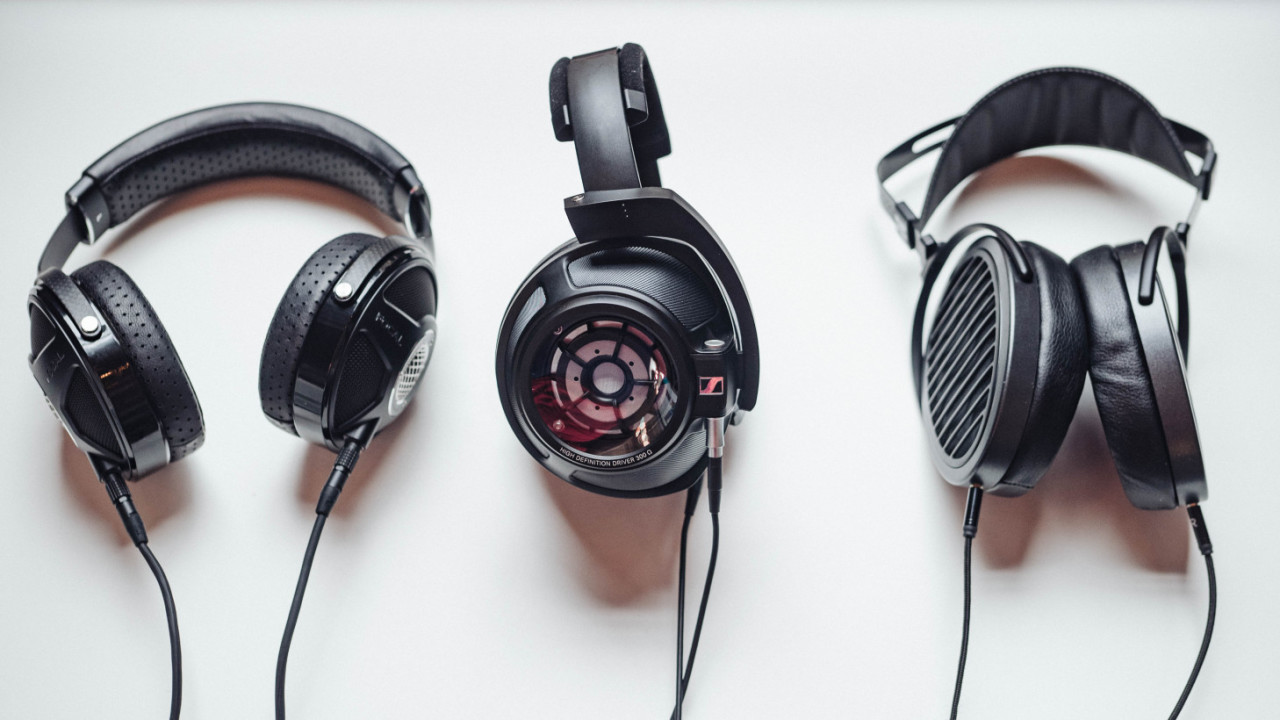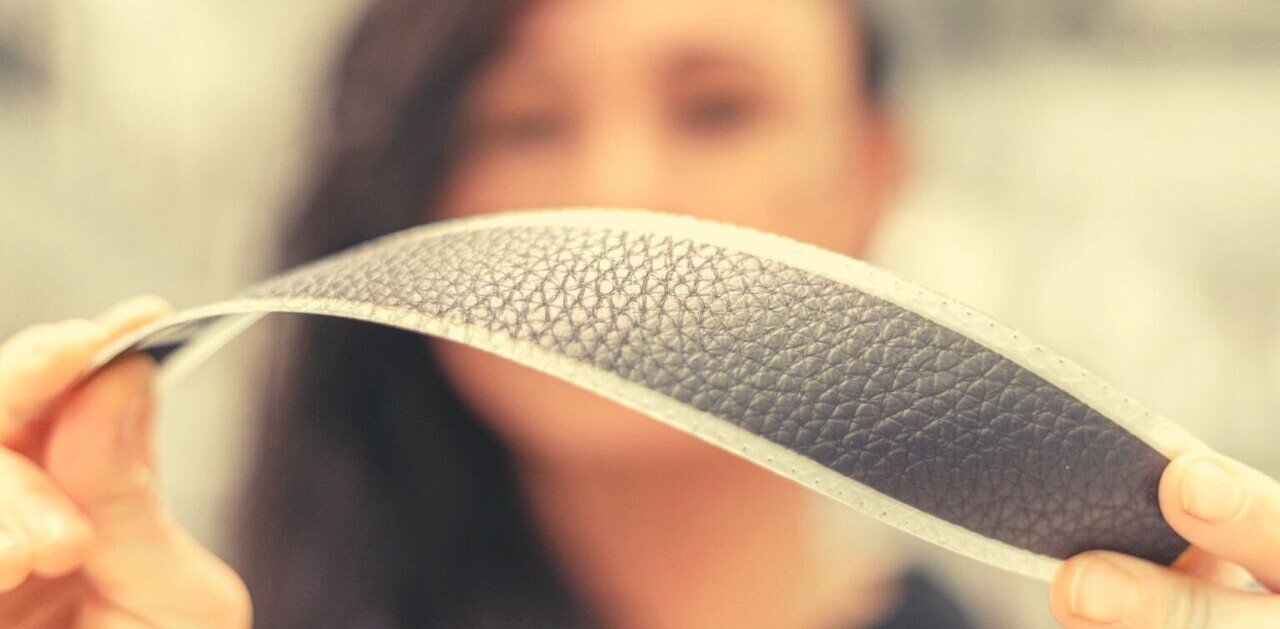
I’m lucky enough to be able to try out all the latest audio gear, so sometimes friends and family are surprised to see I’m not donning Bluetooth headphones. Why would someone who reviews tech for a living not be living the wireless life? While I certainly have access to more Bluetooth headphones than I need, more often than not, I’m reaching for my wired cans.
Yup, that’s right – you’ve reached yet another article lamenting the extinction of the headphone jack. I’m not going to try to wax philosophical against our inevitable wireless future, but I do want to point out the issues I have with where Bluetooth headphones are right now.
In other words, I know wireless headphones are the way forward, and that I can’t do much to stop manufacturers bent on the extinction of that beloved 3.5mm hole. Bluetooth headphones get better every year, and some of the quibbles may be a thing of the past in a decade. There even some Bluetooth headphones I really like!
But as things stand, relying only on Bluetooth headphones requires far too many compromises – and I don’t see those going away anytime soon.
Sound quality
I’m not interested in ‘good enough’ acoustics. I want the most awesome, melt-my-face off sound quality I can achieve at a given price point. For that, I need wired headphones.

You can almost always get significantly better sound for your money from a wired headset, or equal sound from something much cheaper. While Bluetooth headphones can pull ahead with well-implemented digital signal processing (DSP) – Audeze’s Mobius does a good job of this – there are very few exceptions to this rule.
Options
There are more Bluetooth headphones by the day, but there are decades worth of wired headphones on the market. These range from options far cheaper than most Bluetooth cans to four-digit headphones for the most dedicated audiophiles.
Bluetooth headphones rarely go past the $400 mark. That’s already more than most people are willing to spend, but it’s also far below what the top-of-the-line headphones typically cost. Not only do you not get the same value for your money with Bluetooth cans, you can’t even reach that upper echelon of sound quality.
And lest you think wired headphones are going the way of the dodo, spend some time around audio forums and you’ll find the enthusiast market is showing no signs of slowing down.
Longevity
Bluetooth headphones are far more subject to rapid obsolescence. Bluetooth codecs improve, charging standards change, lithium batteries die. As new Bluetooth headphones add more features, older models seem, well, old.

Wired headphones keep improving too, but chances are your investment will last longer. Sennheiser’s HD600 has been out for 20 years, and is still one of the most recommended headphones out there. Grado’s SR80 has been going strong since 1994, and Koss’ PortaPro has been recommended since 1984. There are numerous others.
I don’t know about you, but it’s hard to imagine any of today’s Bluetooth headphones will still be desirable 5 or 10 years from now – if they even survive that long. That brings me to my next point.
Repairability
By and large, traditional headphones are easier to repair. If something goes wrong, you probably just need to re-solder a component or replace a faulty driver. If you can’t do so yourself, chances are you can find someone who will fix them without breaking the bank – especially if it’s a popular model.
If something goes wrong with the battery or digital components of your Bluetooth headphones, good luck getting them fixed 5 years from now – if they’re even still worth fixing.
Charging
It’s a cliche complaint, but no less true. Until long-distance wireless charging becomes a thing, you still have to charge your wireless headphones every few days. This is made worse if those headphones use a port different from your own phone – say headphones which charge via Micro USB even though almost every smartphone that’s not an iPhone has moved onto USB-C.
Yes, you can argue that it’s better than having to be tethered all the time. Still, I suffer from charging anxiety enough to always carry a pair of wired headphones in my bag if I’m traveling.
You can add Bluetooth to wired headphones anyway
Fun fact: you can make pretty much any wired headphone into a Bluetooth headphone using a Bluetooth receiver like Radsone’s ES100.

Yes, you’ll still have to deal with a cable, but not being physically attached to your smartphone comes in handy when working out or cooking. You can get most of the benefits of Bluetooth headphones while keeping your options open.
And on some enthusiast earbuds, you can simply replace the cable with a wireless alternative.
Using multiple devices
Surprisingly few Bluetooth headphones allow you to pair to multiple devices at once. Even then, it’s usually no more than two devices.
But in the real world, I find myself needing to connect to many devices. Maybe I’m visiting friends or family, and need to use their computer. Maybe I’m testing a new laptop or phone. Maybe a friend wants to borrow one of my headphones and needs to pair it to their own device.
With most headphones, you have to go through an annoying pairing process that’s far slower than simply plugging your cans into a different headphone jack.
Using multiple headphones
With very few exceptions, smartphones and PCs only allow you to play back audio on one pair of Bluetooth headphones at a time. With wired headphones, a cheap $5 splitter lets you share the experience with a friend. It’s something I’d often rely on when watching a movie during a long trip or late at night so as to not disturb neighbors.
You can get Bluetooth splitters, but they tend to be far more expensive, decrease sound quality and/or introduce latency. Speaking of…
Latency
Bluetooth headphones introduce latency. While a small amount latency doesn’t bother me when listening to music or even watching movies, it’s annoying in games and unacceptable in music production.
AptX Low Latency tries to solve this issue, but few headphones and even fewer computers support the feature. And even with devices that do, I find the latency is too high for, say, using with my digital piano setup.
According to RTings, AptX headphones have a latency of around 166 milliseconds, while AptX Low latency hit 34 milliseconds. Wired headphones have just a 7-millisecond delay.
You can’t get by with only a pair of Bluetooth headphones
I’ll sum it up this way: Nobody I know only owns a pair of Bluetooth headphones. You might spend the big bucks on a Bluetooth headset, but you always need a wired pair as a backup.
Sometimes your battery dies, others Bluetooth pairing just doesn’t seem to work, yet others its just more convenient to plug in your regular headphones. 95 percent of the time, your Bluetooth headphones work fine, but it’s that other 5 percent that really gets annoying.

Like I said at the beginning of this post, I know wireless headphones are the future. Technology is supposed to make our lives easier, and in some way Bluetooth headphones do! Sound quality has improved significantly the last couple of years, and I like using my Bluetooth headphones while working out or if my hands are occupied.
But wired cans still sound better, are more reliable, are more affordable, and are more versatile. Meanwhile, I feel like I come across connectivity issues with Bluetooth headphones several times a few times a week, or maybe I’ve just forgotten to charge them.
It’s been 14 years since the first stereo Bluetooth headphones were introduced, but it still feels like we’re in the beta period. Wired headphones just work.
Get the TNW newsletter
Get the most important tech news in your inbox each week.




